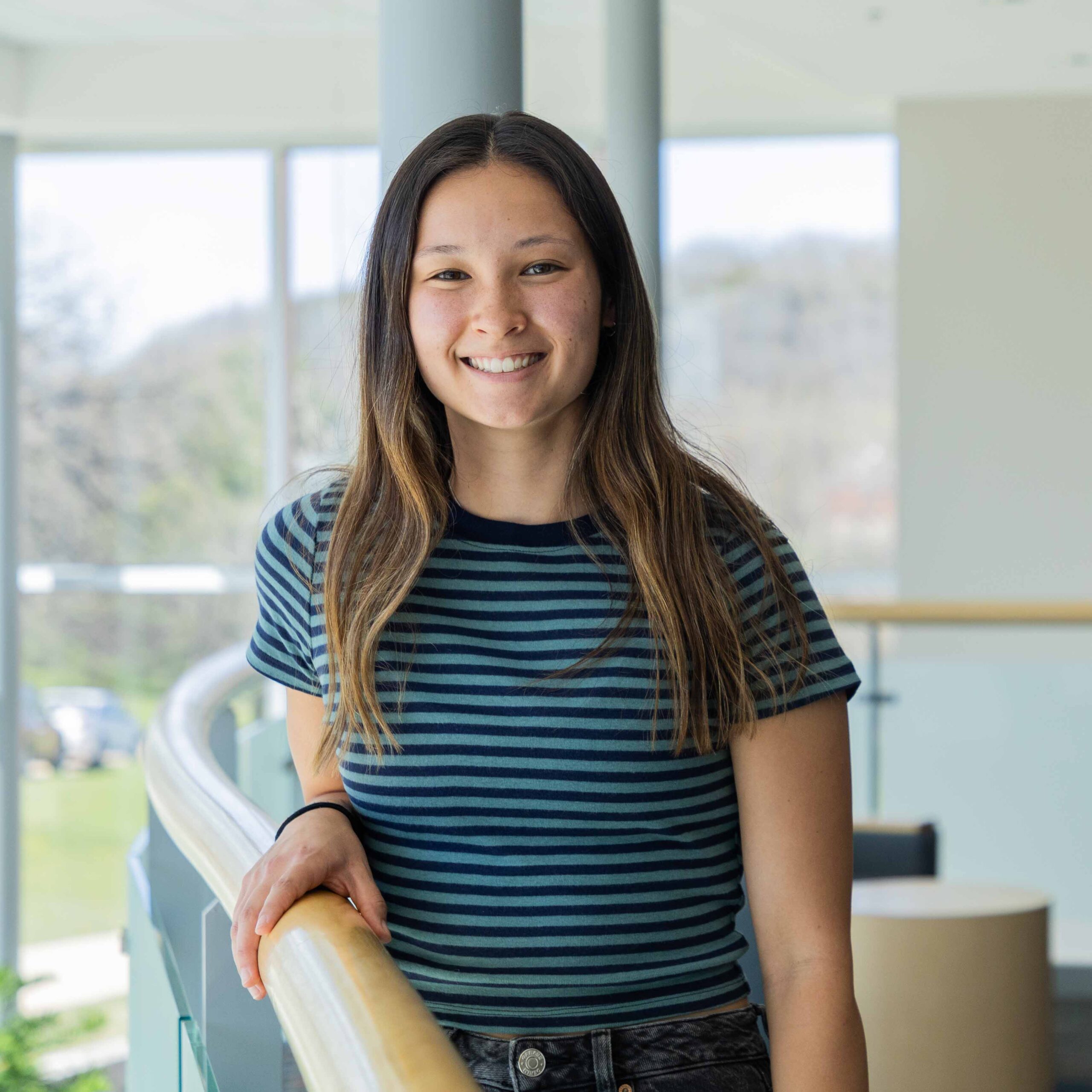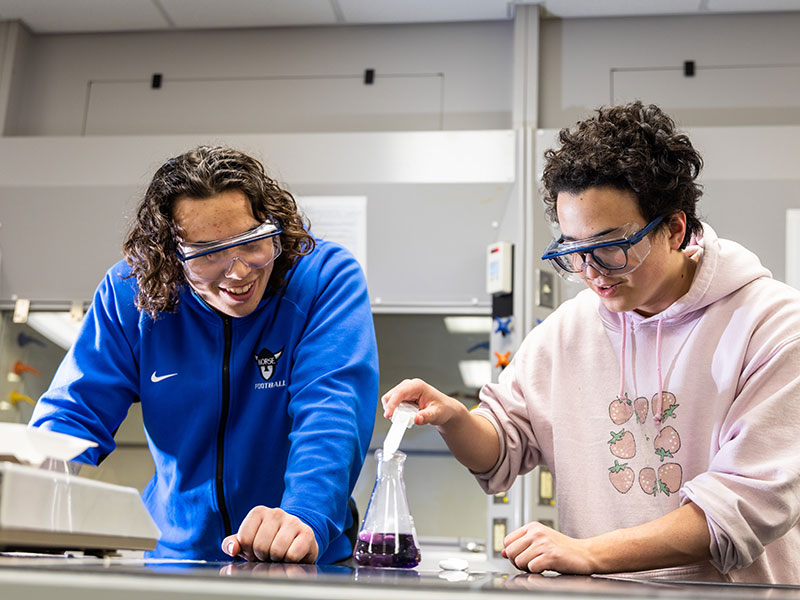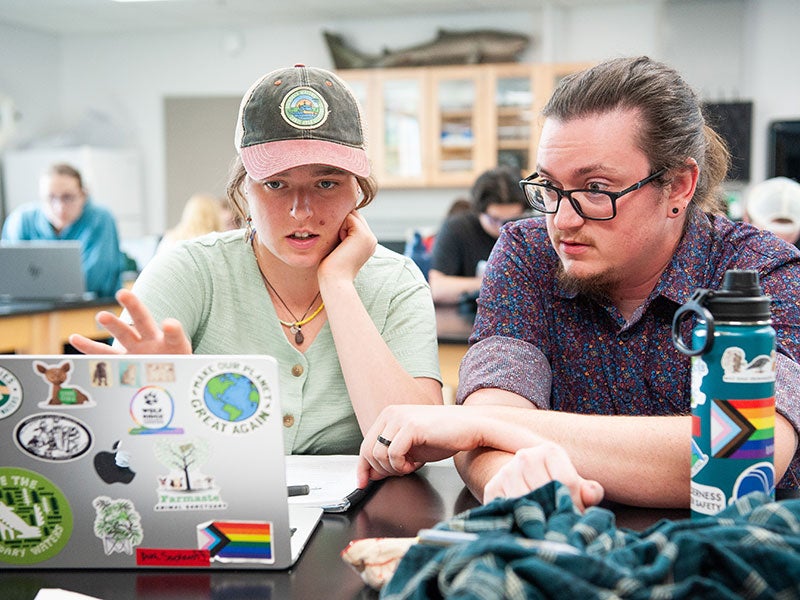Program Highlights
Internships
Get real-world experience at a variety of organizations including medical centers, dental offices, clinics, wellness programs, insurance companies, and educational institutions.
Certifications
Luther provides preparation for professional certification exams related to exercise science.
Sports and Recreation Center
Luther’s Robert and Ann Naslund Sports and Recreation Center recently underwent a $1.2 million renovation project, renewing all of the equipment and flooring in this 45,000-square-foot facility. It provides an ideal space for exercise science majors to study, get hands-on experience, and learn.
What You’ll Learn
Exercise Science Major
During your first two years, you’ll complete courses that form the basis of the major. You’ll learn about human anatomy, physiology, kinesiology and biomechanics, and motor learning through coursework and related labs.
The allied health sciences track includes completing the exercise science core courses plus 28 credits from electives including anthropology, biology, chemistry, physics, statistics, and psychology.
The strength and conditioning track includes the completion of the exercise science core courses. It also requires specific courses in nutrition, strength and conditioning, fitness assessment, exercise techniques, administration and management of health fitness programs, program design, and an internship.
Exercise Science Minor
An exercise science minor requires a minimum of 20 credits, including two required courses.
Careers and Outcomes
Luther exercise science graduates pursue a variety of careers in healthcare, human performance, and health education and promotion.
Career Fields
- Athletic coach
- Athletic trainer
- Chiropractor
- Educator
- Nutritionist/dietician
- Occupational therapist
- Personal trainer
- Physical therapist
- Physician assistant
- Strength and conditioning specialist


